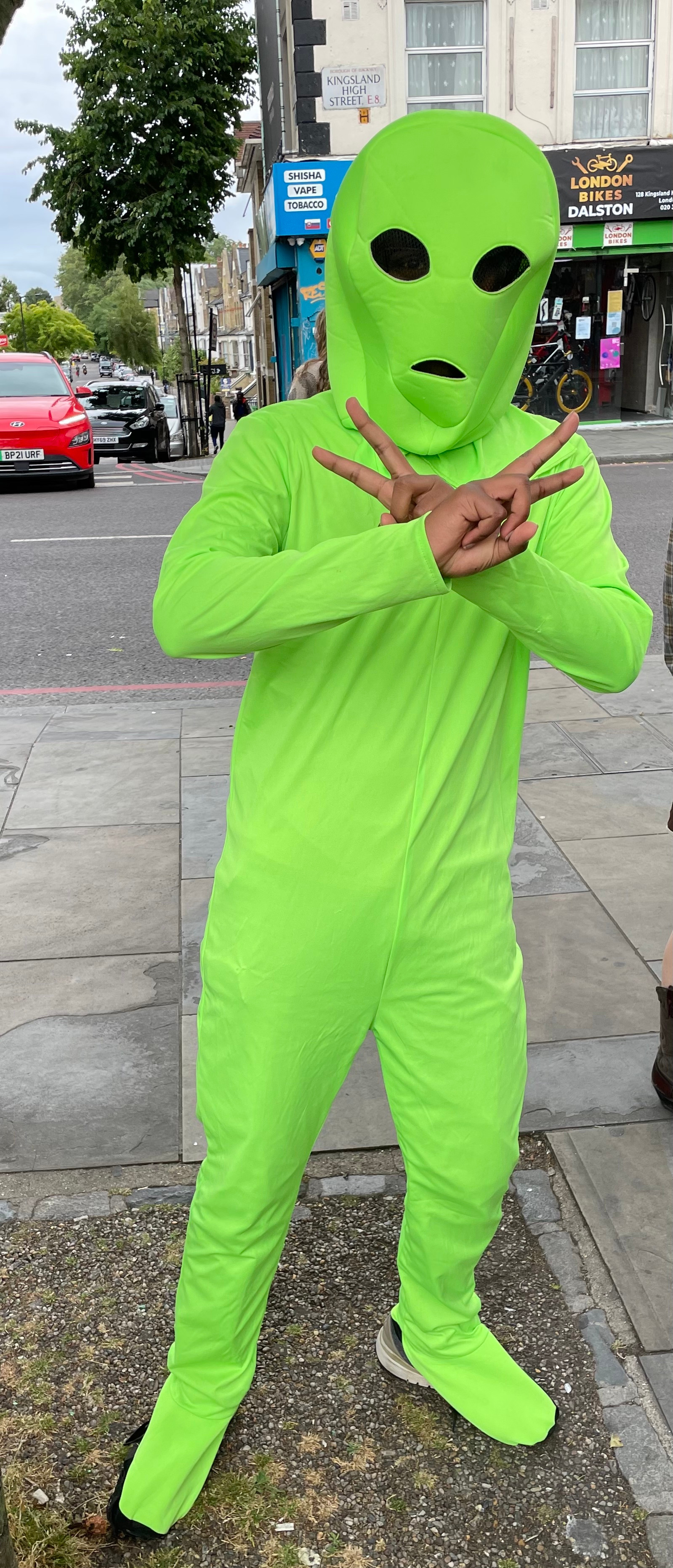My Experience of the Leadership in Action Project
My LiA project with the Literacy Pirates over the summer was a fantastic experience and I was fortunate enough to be working alongside some very dedicated individuals which made the six weeks very memorable.
To summarise, the first half of my LiA project involved supporting young children aged between 10-15 in reaching their goals in literacy, reading and perseverance. This involved guiding a child through a book of their choice in order to help them find a genre which they enjoyed with the goal of emphasising that 'reading is for pleasure' and in many cases, mean they would continue reading outside of the sessions. There was also a writing component where children were encouraged to 'splurge' which brings out their creativity before advising them in structuring their writing before performing their piece, which is the 'perseverance' part. These three components, punctuated by games, were delivered in a 'relentlessly positive' environment which I found meant the children really enjoyed the sessions and they were getting a lot out of them. Personally, being able to be there hands-on and seeing their progress over the short time I got to know them was extremely rewarding and provided the motivation for a lot of my research for the latter half.
This lead on quite nicely to my main research report which aimed to collate the data we collected for the Alternative Provision (AP) programme, specifically designed for children who had been excluded from mainstream school, and analyse it quantitatively as well as qualitatively to spot areas which children most improved in and ways in which the delivery of the programme could be improved. This was then sent to the local council to show why the AP programme was effective and help secure funding for the upcoming academic year. I found the experience of writing a research report very useful as this is an area I generally struggle with, so having regular meetings with my line manager was helpful as she advised me on areas in which I could improve, or add to, in the report.
More specifically, my report consisted of monitoring key changes in literacy progress, which we measured using the WRAT-5 test, and detailing the most significant findings from the data. I also collated other forms of data including attendance, teacher and voluntary feedback to help give a holistic view of the child's improvement during the session. One area that I particularly struggled with was figuring out how to encounter what happened to be a fairly common problem in previous research done by the charity, and that is the actual lack of raw data. As it is up to the students to fill out the surveys, we cannot fully control how much or how little they give us meaning we had incomplete sections in part of the raw data. Furthermore, due to teacher strikes, this meant we were not able to collect teacher feedback surveys for all the groups which also impacted what we could include in the report. As a result of these setbacks, I was forced to adapt the report slightly, as advised by my supervisor, to omit certain sections from my overall report and instead, calculate the percentage of only the students surveyed. This meant other data was not wasted and also ensuring the sample proportionally represented the rest of the population.
While I felt I achieved my initial goals of improving my skills in compiling a report and qualitative analysis, I also appreciated how important interpersonal relationships are in building an effective team. Working in an environment with so much positivity where everyone gets along well with each other was pivotal in ensuring a number of the events (ranging from sessions, to the celebration event and team weeks) were all carried out smoothly and efficiently, and this is something I wish to take forward in my understanding of leadership. Building these key relationships with your colleagues is key to building a level of trust meaning anyone feels confident and asking anyone else for help.
In addition, a key takeaway from my time with the Literacy Pirates, was the opportunity to network with a variety of different professionals coming from different backgrounds. When speaking with the CEO, she mentioned a really fascinating concept looking at focusing one's strengths, and looking to other people whose strengths correspond with their weaknesses. By working in a team, and each person having a skill set that complements everyone else, we can create the most efficient group where multiple different perspectives can be taken account to perhaps producing an optimal decision.
Though undoubtedly, the most memorable moment of my LiA project is when I dressed up as an alien in a pantomime play for the end of year celebration event of the programme. This was something completely out of my comfort zone but despite my nerves, I had a great time with the "He's behind you!" shouts and the smiles on the children's faces after posing in photos with them will hopefully leave a lasting positive memory of their experience, which is what it's all about.
Overall, my experience with the Literacy Pirates was a memorable one and I hope to continue my relationship with them as a volunteer over the coming academic year.



Please sign in
If you are a registered user on Laidlaw Scholars Network, please sign in